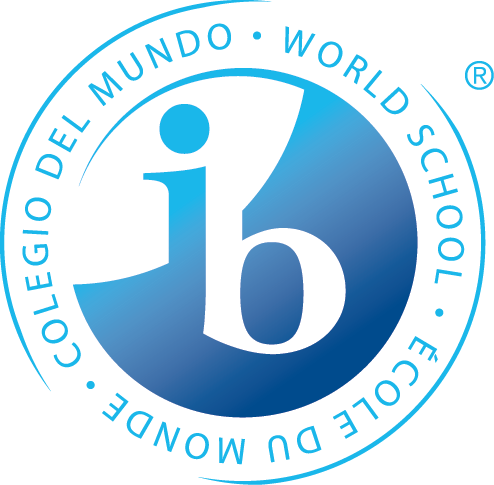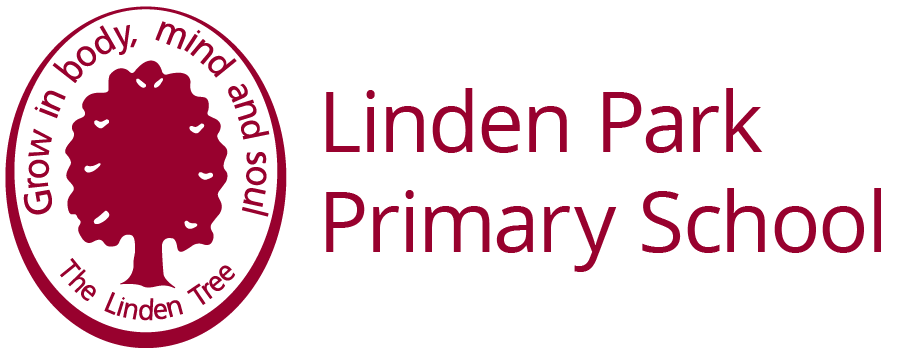EALD is a Literacy support programme for students who were either born overseas, have one or both parents born overseas or identify with another cultural background through extended family.
Home Languages Matter – Parent brochures
How diverse is our school population?
We are fortunate that Linden Park Primary School has an amazing range of cultural diversity. Our school population is represented by around 70 nationalities. All corners of the globe are represented and make our school a vibrant and interesting place in which to learn.
How are students identified for the EALD programme?
Students who are eligible for the EALD programme may be those who:
- Were born overseas and have learnt English later in their childhood
- Were born in Australia and speak English and another language at home
- Were born in Australia and identify with another culture through their extended family
We use several factors to identify students for support. These include:
- Classroom teacher and EALD teacher discussions
- Work samples
- Student’s current Language and Literacy level
- Diagnostic testing (classroom based)
What do students do at EALD?
The EALD programme provides enrichment in language development across the curriculum and supports children to be confident and competent speakers, readers and writers of English. Children who take part in the programme, with parent permission, will be supported in different ways according to their current needs and abilities. Children will be supported in-class or withdrawn from class to work in a small group or individually.
Students are supported in various aspects of their literacy. This includes the development of:
- reading for understanding and comprehension of texts
- writing skills such as sentence and paragraph construction, functional grammar, spelling
- genre writing , looking at different text types linked with Units of Inquiry
- developing confidence in English speaking and listening skills. This includes asking and responding to questions, increasing vocabulary and non-verbal communication and oral presentations.
For Chinese translation – please click here


